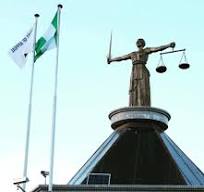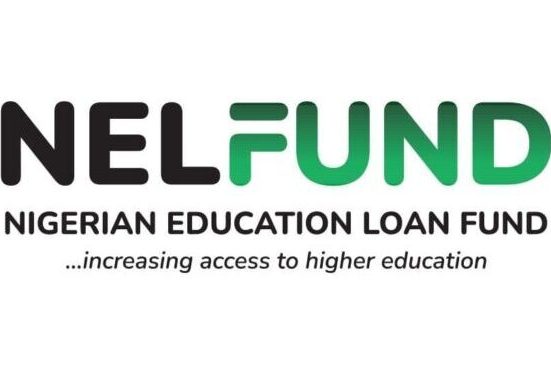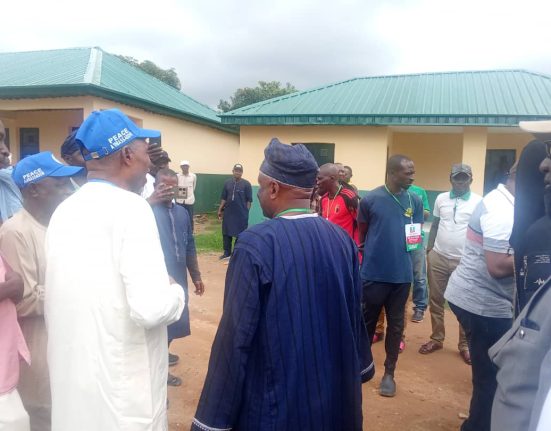Concerns are growing over the state of Nigeria’s democratic institutions, as recent developments raise serious questions about the separation of powers, a fundamental pillar of democratic governance. While past administrations had their shortcomings, they largely upheld the independence of the judiciary and the legislature a principle that now appears to be under strain.
Judicial and Legislative Autonomy at Risk The judiciary, which historically served as a check on executive overreach, is increasingly seen as compromised. Similarly, the legislature’s role as an independent body appears weakened, with critics arguing that it is now largely aligned with executive directives rather than acting as a true representative of the people.
A recent political intervention in a key state has further fueled concerns about democratic backsliding. The executive’s justification for this move citing political instability has drawn widespread criticism from legal experts and civil society groups, who argue that the action contradicts constitutional provisions. Many believe that such interventions set a dangerous precedent for undermining elected governance.
A Shift from Precedents Contrasts with past administrations are evident. For instance, during previous state of emergency declarations, elected officials remained in office, ensuring that the principle of elected representation was upheld. The current deviation from this norm suggests a worrying shift in approach, with fears of increasing executive overreach.
Another major point of contention is the management of state funds following the executive intervention. The swift allocation of public funds to an appointed administrator has raised alarms, particularly given past judicial rulings on similar matters. Critics argue that financial transparency is at stake, with potential violations of due process.
Legislative Integrity and Opposition Weakness The integrity of the legislative process has also come under question. The lack of transparency in voting procedures during the approval of executive actions has raised red flags. Critics note the absence of clear vote counts and official records, fueling doubts about the adherence to constitutional requirements.
Adding to the concerns is the perceived weakness of the opposition parties. Their muted response to these developments has led to public disillusionment, as many question whether they can effectively check and balance executive power. This has heightened fears that Nigeria’s legislature is losing its autonomy, making it increasingly difficult to hold the government accountable.
Public Disillusionment and the Future of Democracy The cumulative effect of these events is a growing sense of disillusionment among the Nigerian public. Many citizens fear that their right to elect representatives and seek judicial redress is gradually being eroded. While these actions may seem politically expedient in the short term, they pose a significant long-term threat to the country’s democratic stability.
To safeguard Nigeria’s democracy, it is crucial to reaffirm the rule of law, uphold the separation of powers, and strengthen democratic institutions. The nation must resist a slide into executive dominance and instead commit to transparent governance and accountability—ensuring that the people’s voice remains at the heart of leadership.







